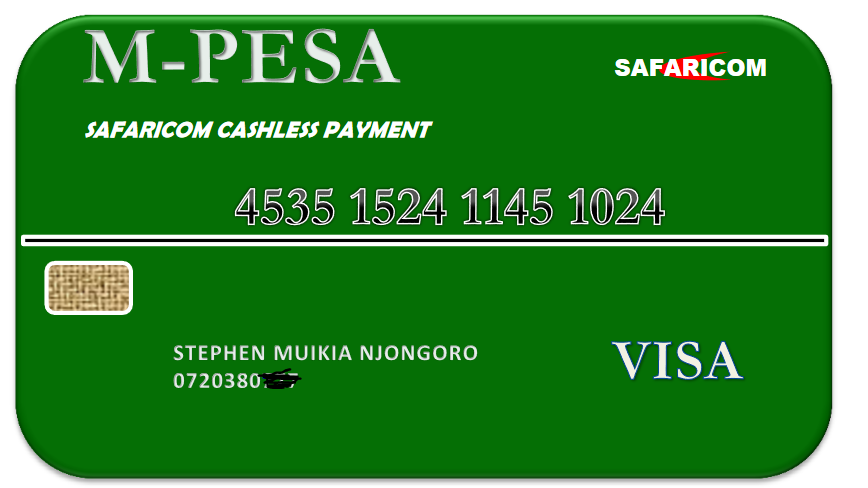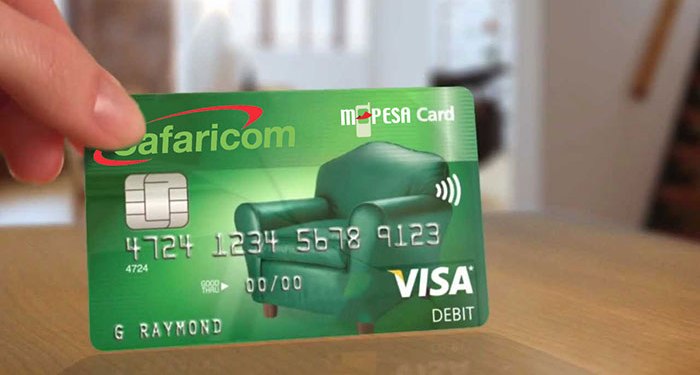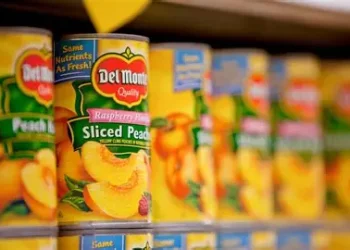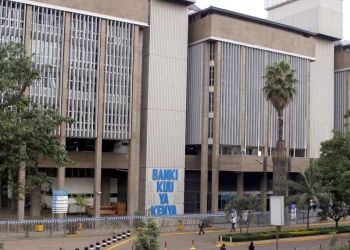On June 2, 2022, Safaricom and Visa introduced the first M-PESA GlobalPay Visa Virtual card. The launch of the new M-PESA Visa virtual card was meant to open global shopping for Kenyan consumers, allowing secure cashless payments at merchant locations in over 200 countries through Visa’s global network.
However, it now emerges that the telco could have stolen the idea from Steve Muikia, a Kenyan who proposed the initiative to them in 2019, but got rejected.
Muikia who spoke to The Sharp Daily‘s investigative desk says that Safaricom launched the card three years later, with exact details of the card he drew for them.
“Back in 2019, I came up with an expression of how Safaricom would come up with an M-Pesa Visa-enabled card for international E-commerce as captured in item number 5 of my letter to them. They chased me away through their lawyers this year they have launched it and it even looks exactly like the one I drew for them,” Muikia told this publication.
Read: Ruto’s Lawyer Melissa Ng’ania Poised To Become A High Court Judge
According to the proposal in our possession, Muikia shared the idea with Safaricom on May 12, 2019, triggering a series of conversations between him and Safaricom’s legal department led by Mahesh Acharya of Kaplan & Stratton Advocates.
In the initial design by Muikia, apart from enabling cashless transactions locally, the card could be loaded with foreign currencies such as US Dollars, Euros and Pounds to enable international trade through M-Pesa.
“In these times of booming across-border trade, there are business deals that require payments to be done in foreign currencies making us go to the banking halls to change cash to these foreign currencies. For example, if a parent wants to send some pocket money to his child in the UK or in Russia, they will just need to load the cash in their M-Pesa Pound account and M-Pesa Euro account respectively and be able to remit the cash. The recipient will then be able to receive the cash from agents in these countries,” Muikia said in his proposal.
“Currently if I want to pay for some merchandise in China and I have money in my M-Pesa account, I will first have to withdraw it and then take it to the banks for them to remit it to my Chinese suppliers in dollars,” he added.
Read: What You Need To Know About M-Pesa GlobalPay Visa Virtual Card
The proposal entailed other ideas around the Safaricom brand but was rejected in a letter by Acharya dated June 18, 2019, who termed the proposal as ‘unsolicited’, hence unwelcome.
“Safaricom does not accept unsolicited proposals. As a matter of policy, all proposals are submitted through the innovation portal on the Safaricom website. Proposals submitted through the innovation portal undergo a thorough review to ensure they do not conflict with products that Safaricom is already developing internally,” Acharya said.
However, according to Muikia, the card launched in June has an uncanny resemblance with the one he proposed to the telco three years ago, pointing to a possibility that Safaricom used his idea, without any form of compensation.

Once a customer performs a transaction with the card, they will receive an SMS with the prevailing exchange rate for the transaction value. Transactions will be subject to current M-Pesa limits of Ksh150,000 per transaction and Ksh300,000 per day at the prevailing Forex rates.
Email your news TIPS to editor@thesharpdaily.com


















